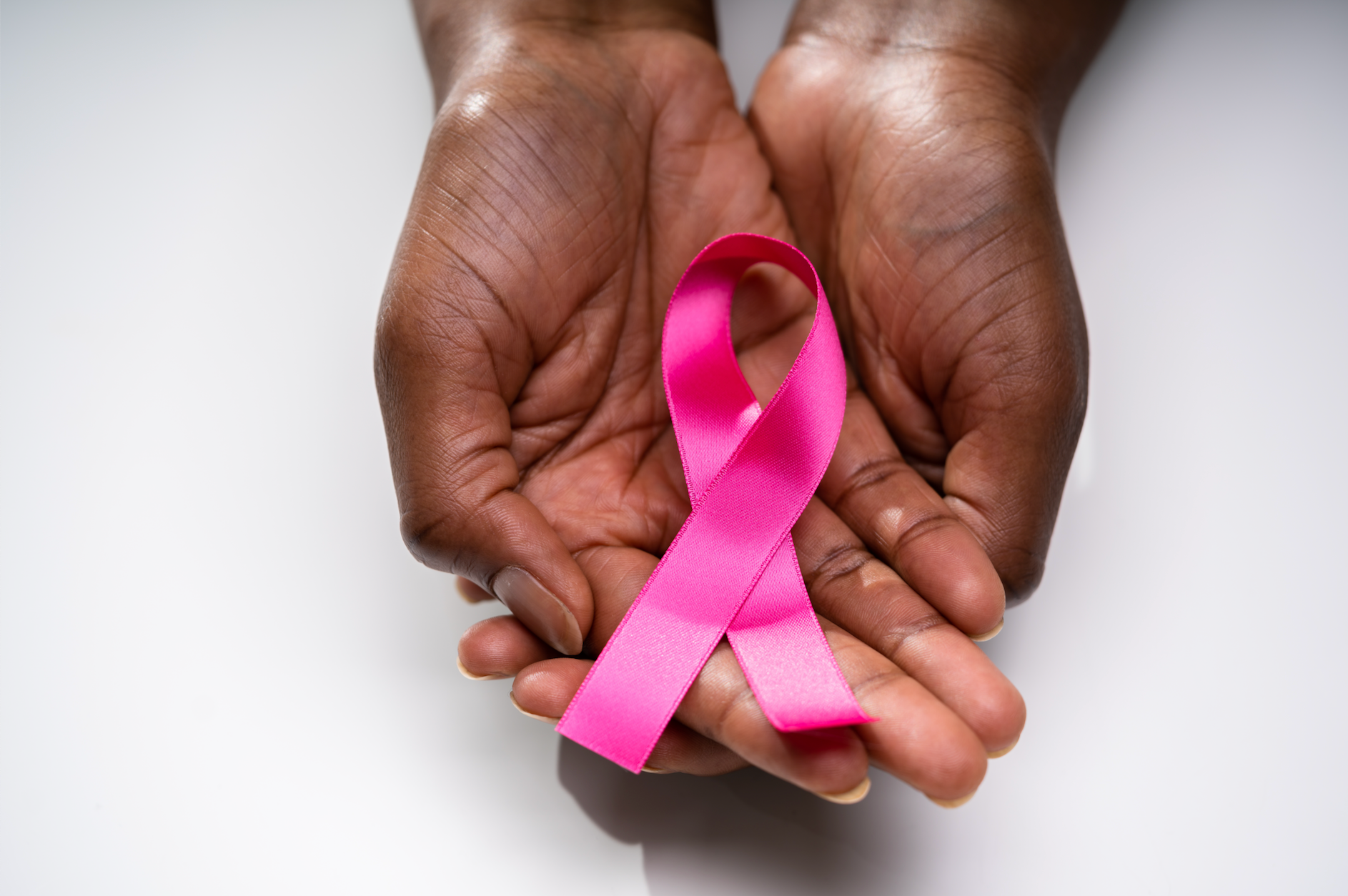If you or a loved one has ever been or was recently diagnosed with breast cancer, you might know that there are many options for treating this beast. In honor of Breast Cancer Awareness Month, let’s chat a bit about the different breast cancer treatment options, what happens during breast cancer surgery, and ask whether or not there is a “best breast cancer treatment”.
What Are My Breast Cancer Treatment Options?
There are three main types of treatment available for breast cancer patients. Your oncologist may want to combine these treatment methods or work them in series to get you the best outcome. Often, radiotherapy and chemotherapy are used to reduce the size of a tumor prior to surgical removal, making it an easier and less complicated surgery.
So let’s dive into the different types of breast cancer treatment.
Surgical Removal
If your breast cancer is small enough and does not extend into nearby tissues or a blood supply, your doctor may recommend surgical excision (also known as a lumpectomy). This will remove the cancerous mass from your breast and preserve your breast tissue.
Unfortunately, sometimes breast cancer masses are so complicated, removal of the whole breast (a mastectomy) may be necessary.
What Happens During Breast Cancer Surgery?
Breast cancer surgery is a complicated treatment method that will differ depending on many factors. For example, a complete mastectomy could be required for one individual, while another may only need a small lump removal that doesn’t impact the function of the breast at all. Regardless, all breast cancer surgeries will require sedation and will result in an incision scar. You can reduce the appearance of your scar with silicone products like our Scar Heal Kits.
Radiotherapy
Also known as radiation therapy or just radiation, radiotherapy is a type of cancer treatment that uses ionizing radiation to target a cancerous mass’s rapidly dividing cells. This also tends to get skin cells caught in the crossfire, though. To learn more about why radiation causes radiation burns, check out our previous post on the topic: What Does Radiation Therapy Do To Your Skin?
How Do I Deal With Radiation Burns?
Radiation burns are a lot like eczema. During radiation, your skin cells get caught in the crossfire and tend to break down, disrupting the skin barrier. It’s important to keep your skin moisturized and healthy during radiation to mitigate the extensiveness of your radiation burns. You can use non-steroidal products like our Skin Recovery Cream during your treatment course.
Chemotherapy
While radiotherapy and chemotherapy are often spoken of together, they are actually two very different treatment methods. Chemotherapy involves chemicals being pumped into your bloodstream. These chemicals also target rapidly dividing cells like the ones in cancerous masses. Unfortunately, though, chemotherapy can’t necessarily be targeted to a specific area of the body – it spreads throughout your entire bloodstream.
Is There a “Best Breast Cancer Treatment”?
There’s no “best breast cancer treatment”. Your oncologist will take many things into consideration (for example, location, stage, and severity) when developing a course of treatment that is best for your body, your lifestyle, and your cancer. Your treatment plan will likely be different than many other cancer survivors, but that doesn’t mean that it won’t give you a great outcome.
Above all, know your options and advocate for yourself! Make sure your oncologist is explaining things to you as well as they can, and ask questions if you have concerns.
From all of us here at Rejuvaskin, stay strong – you can beat this.





















Leave a comment